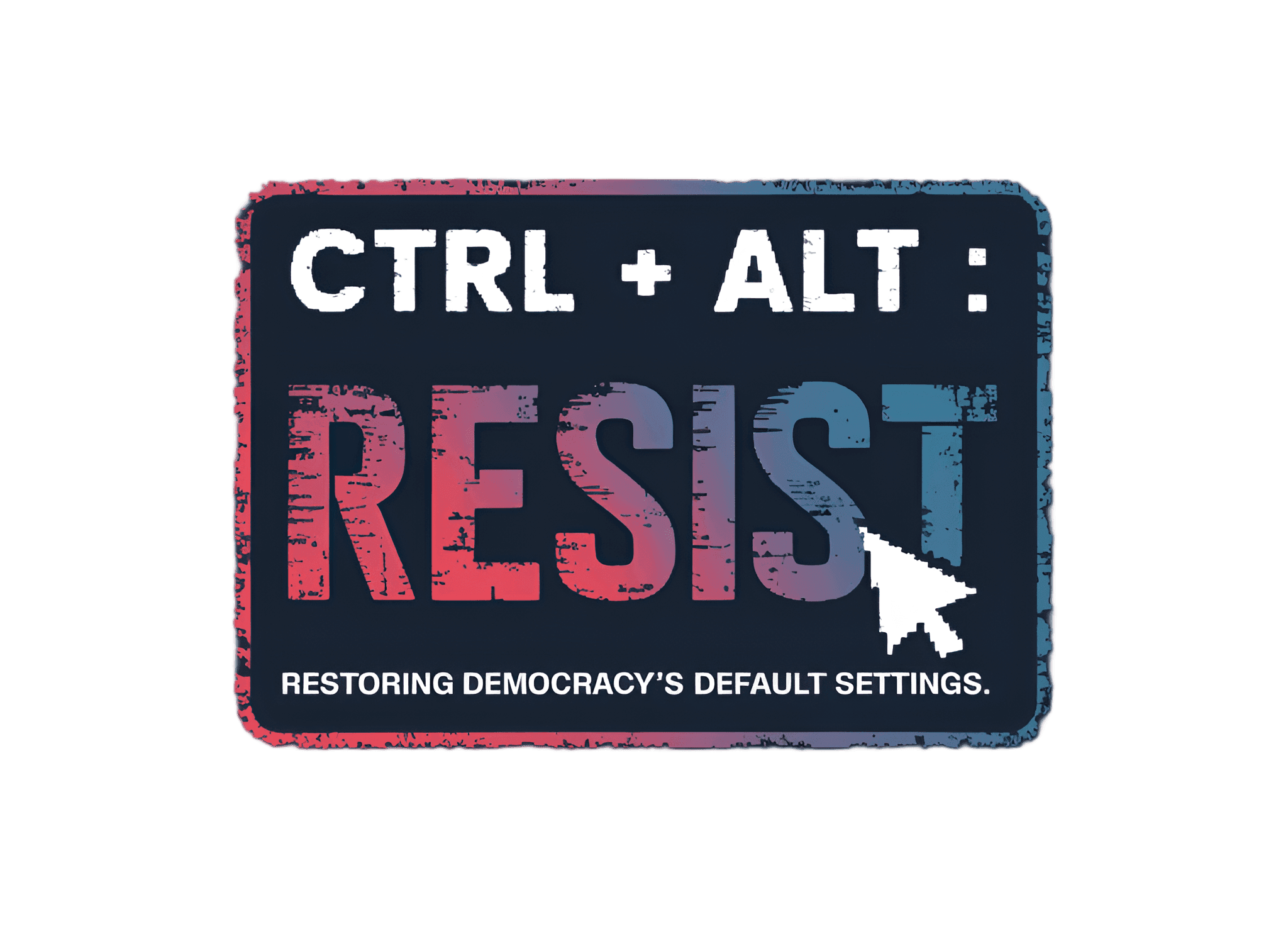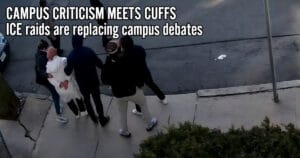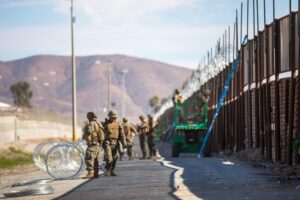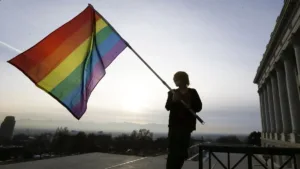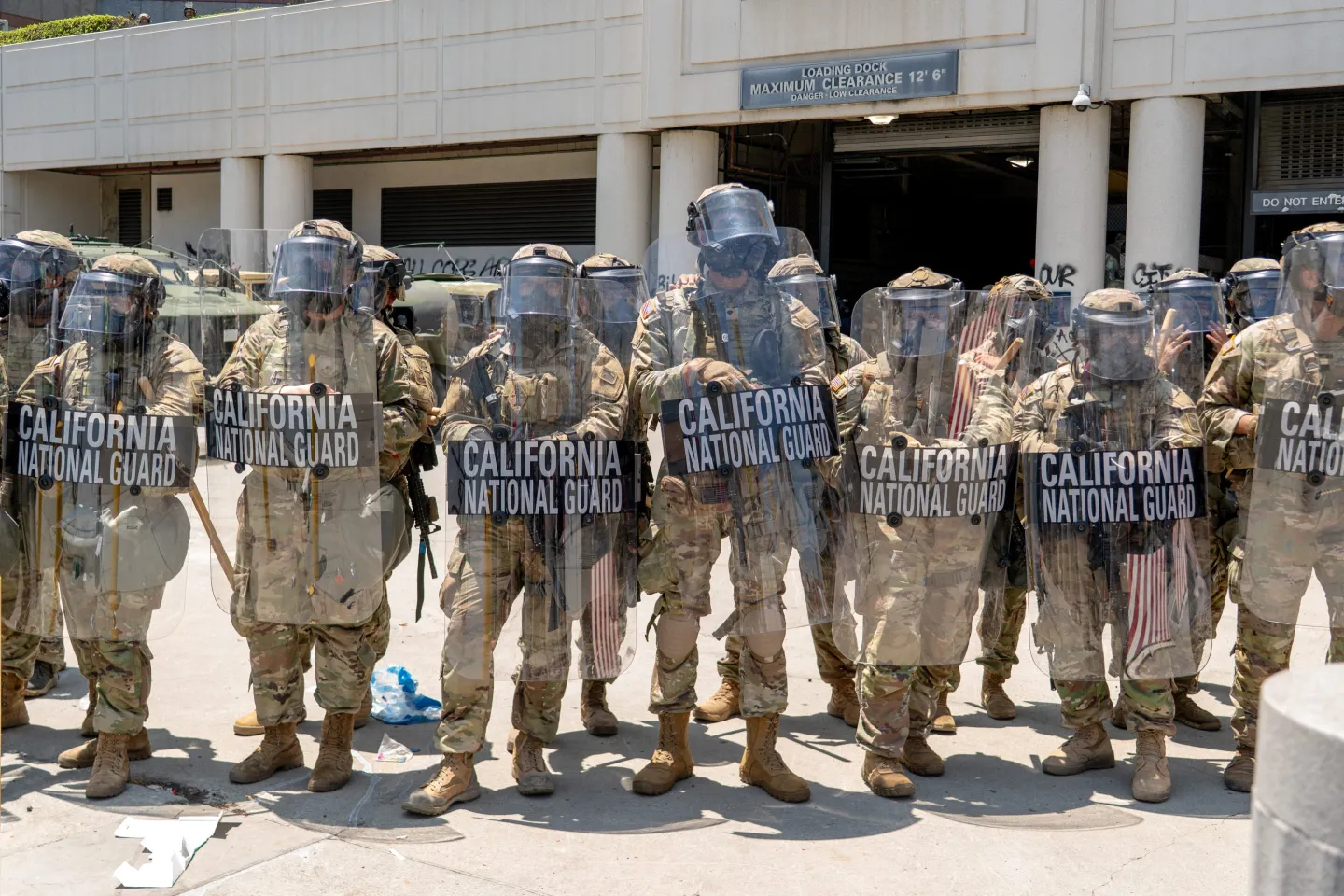
Judge Rules Trump Illegally Deployed National Guard in LA
Jump to:
Trump’s National Guard Order Overturned
President Donald Trump’s controversial deployment of the National Guard to Los Angeles has been deemed illegal by a federal judge, who cited violations of the Tenth Amendment and misuse of Title 10 authority. The ruling mandates the immediate return of command to California Governor Gavin Newsom by Friday at noon.
U.S. District Judge Charles Breyer issued the temporary restraining order following a lawsuit from the State of California, asserting that Trump exceeded his constitutional and statutory powers by federalizing state troops without proper process or justification.
“We’re talking about the president exercising his authority, and the president is of course limited in that authority. That’s the difference between a constitutional government and King George,” Breyer said during Thursday’s hearing.
The Constitutional Showdown in California
At the center of the legal dispute is Title 10, the federal statute Trump invoked to take control of the California National Guard. The law does allow presidents to federalize state troops—but only under narrowly defined conditions. California’s legal team argued that none of those conditions were met, particularly since the troops were deployed against the governor’s explicit objections.
The move was prompted by escalating protests in Los Angeles and other cities in response to Trump’s intensified immigration enforcement, which included arrests at public locations like Home Depot lots. Photos showing National Guard troops accompanying ICE agents inflamed tensions, raising concerns about militarized immigration enforcement and civil rights violations.
Governor Newsom argued the Guard was meant to protect federal buildings—not act as shock troops for deportation raids. The emergency motion filed earlier this week asked the court to bar the Guard from assisting in any immigration-related operations.
Despite DOJ objections, Judge Breyer ruled the president’s actions were unconstitutional. “This isn’t about protecting property. It’s about presidential overreach,” he said.
Why the Ruling Matters: Legal and Political Implications
The court’s rebuke of Trump’s use of the National Guard marks one of the most significant checks on executive power since the January 6 insurrection fallout. Legal scholars warn that bypassing governors to militarize domestic enforcement sets a dangerous precedent for authoritarian overreach.
“This ruling is a reaffirmation of federalism,” said constitutional law expert Erwin Chemerinsky. “The president is not a monarch, and deploying troops without coordination with the state violates the structure of our constitutional order.”
While the Justice Department argued that previous deployments—such as Eisenhower’s intervention in school desegregation—were not challenged, the court noted that those instances involved federal enforcement of constitutional rights, not aggressive immigration raids opposed by the state itself.
California’s case leaned heavily on the Tenth Amendment, which reserves to the states all powers not delegated to the federal government. The court found that the Trump administration’s rationale—protecting “federal assets” in a city it described in dystopian terms—was unconvincing.
See more from the Cornell Legal Information Institute on the Tenth Amendment
State and Local Reaction
Los Angeles Mayor Karen Bass joined dozens of regional mayors in condemning the deployment and calling for the immediate withdrawal of federal troops. “This was a political stunt disguised as law enforcement,” Bass said at a press conference. “What it did was incite fear and escalate chaos.”
California Senator Alex Padilla, who was forcibly removed from a news conference earlier this week after interrupting South Dakota Governor Kristi Noem, praised the judge’s ruling as a “long-overdue correction to Trump’s authoritarian tactics.”
Protesters have continued to flood the streets in Los Angeles, as well as in solidarity protests in Boston, Chicago, and Seattle. While Guard troops have mostly held defensive positions around federal buildings, photos surfaced showing uniformed troops assisting ICE agents at arrest sites—fueling outrage and reinforcing the lawsuit’s core argument.
Trump’s team responded by appealing the ruling to the Ninth Circuit, arguing the decision “endangers American lives” and undermines federal law enforcement. But the judge’s order will take effect regardless of the appeal’s outcome—barring an emergency stay from a higher court.
“Courts didn’t interfere when Eisenhower enforced desegregation. They shouldn’t interfere now,” DOJ attorney Brett Shumate argued.
Judge Breyer rejected that reasoning. “The difference is who’s being protected. The Constitution does not grant the president license to deploy troops against the will of a state simply to enforce controversial policy.”
What Happens Next?
The federal government’s appeal could draw out a constitutional clash with wide-reaching implications. If upheld, the ruling would restrict future attempts by presidents to unilaterally deploy state National Guard units during domestic policy disputes.
For now, California is expected to resume full control of its Guard troops by Friday at noon. Governor Newsom has said the state will withdraw troops from immigration enforcement duties and focus instead on humanitarian coordination and crowd control near protest sites.
Meanwhile, immigrant rights organizations are calling for congressional investigations into the Trump administration’s use of military personnel during civilian operations—especially as photos and reports confirm the Guard’s direct support of ICE raids.
As protests continue, legal analysts say the next major legal question may be whether Trump violated federal civil rights statutes or the Posse Comitatus Act, which restricts military involvement in domestic law enforcement. With Marines also now deployed to the region, scrutiny is only growing.
“We are witnessing the blurring of lines between civil governance and military power,” said UC Hastings law professor Veena Dubal. “And that’s something that should concern every American.”
Explore: Full Text of Title 10 – U.S. Code
With mounting opposition from governors, legal experts, and civic leaders, Trump’s immigration crackdown is now facing a wall of constitutional resistance. Whether it holds may define the limits of executive power for years to come.
What are your thoughts on this issue? Join the conversation below.
